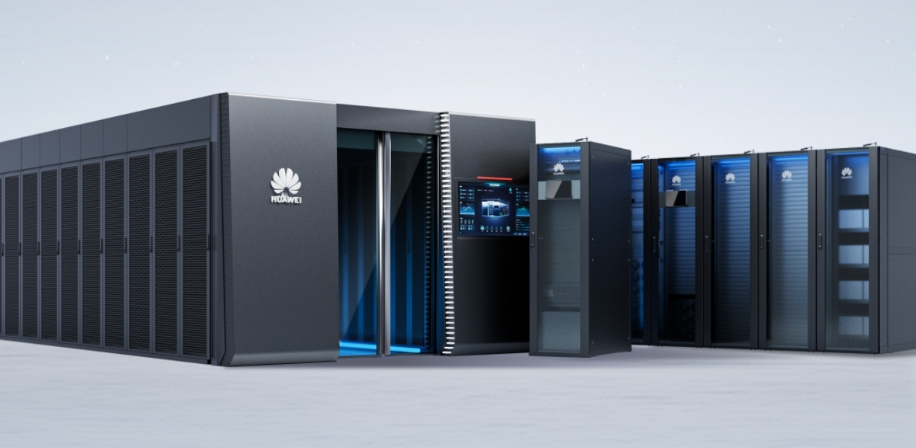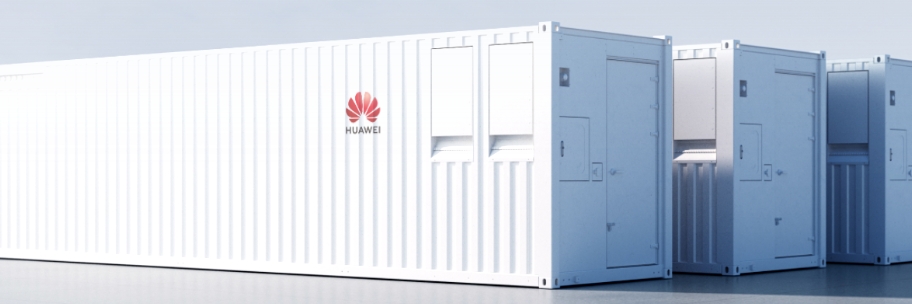Selecting the right power supply is fundamental to ensuring seamless data center operations, minimizing downtime, and optimizing energy efficiency. A well-designed power infrastructure not only supports current workloads but also adapts to future expansion needs. Choosing an appropriate power supply requires careful evaluation of capacity, reliability, efficiency, and sustainability factors. This guide explores the key considerations when selecting a power supply, the latest technologies enhancing power management, and the role of renewable energy. By understanding these aspects, businesses can make strategic investments that maximize performance, cost savings, and long-term reliability.

Key Factors to Consider When Choosing a Data Center Power Supply
Power Capacity and Scalability
Power capacity dictates how much electrical load a data center’s power supply can handle. To prevent future constraints, organizations should evaluate both current and projected power demands. Scalable power solutions enable smooth expansion without costly infrastructure overhauls. Planning for growth ensures that the power supply can accommodate increasing workloads, new servers, and high-density computing without risk of overload. Collaborating with IT and facilities teams helps in selecting a power infrastructure that aligns with long-term business needs.
Efficiency and Energy Consumption
Energy efficiency plays a crucial role in reducing operational costs and minimizing environmental impact. High-efficiency power supplies, such as those with 80 PLUS certification, convert more electricity into usable power, decreasing waste and heat output. Lower energy consumption translates to reduced cooling requirements, further optimizing cost-effectiveness. Regular monitoring and energy audits help track efficiency levels, allowing data centers to implement improvements that enhance overall power utilization. Investing in energy-efficient solutions contributes to sustainability while improving performance.
Redundancy and Reliability
A robust redundancy strategy ensures uninterrupted operations in case of power failures. Implementing an N+1 or 2N redundancy model provides backup power sources, mitigating risks associated with outages. Reliable power supplies incorporate failover mechanisms and automatic switching capabilities to seamlessly transition to backup systems. This level of resilience prevents costly downtime and protects critical IT infrastructure. By prioritizing redundancy, businesses safeguard operational continuity and enhance the reliability of their data centers.
Advanced Power Supply Technologies for Modern Data Centers
Uninterruptible Power Supplies (UPS)
UPS systems provide immediate backup power during outages, preventing data loss and equipment damage. These systems are essential for ensuring continuous operations, particularly in mission-critical environments. Selecting the right UPS requires assessing load capacity, runtime, and battery efficiency. Regular maintenance and monitoring help ensure the reliability of UPS systems. By integrating high-performance UPS solutions, data centers can minimize disruptions and maintain a stable power supply under any circumstances.
Power Distribution Units (PDUs)
PDUs are responsible for distributing electrical power to various components within a data center. Advanced PDUs offer intelligent monitoring features, enabling administrators to track power usage, balance loads, and remotely manage power distribution. Rack-mounted PDUs optimize space utilization, while floor-mounted PDUs cater to larger-scale facilities. Choosing the right PDU depends on factors such as power rating, outlet configurations, and monitoring capabilities. Implementing intelligent PDUs enhances efficiency and improves overall power management.
Direct Current (DC) Power Systems
DC power systems are increasingly being adopted for their efficiency and reliability. Unlike traditional AC power setups, DC systems eliminate multiple conversion stages, reducing power loss and heat generation. This streamlined energy flow can improve efficiency by up to 30%, making it a preferred choice for data centers focused on cost reduction and sustainability. By transitioning to DC power solutions, organizations can enhance performance while reducing operational overhead.

The Role of Renewable Energy and Sustainability in Power Supply Decisions
Integrating Renewable Energy Sources
Adopting renewable energy solutions, such as solar or wind power, significantly reduces a data center’s carbon footprint and energy costs. On-site solar panels or purchasing renewable energy credits can help businesses transition to sustainable power models. Conducting feasibility assessments with energy consultants enables data centers to determine the best approach for integrating renewable sources. Embracing clean energy solutions enhances corporate sustainability efforts while ensuring long-term operational efficiency.
Energy Storage Solutions
Energy storage systems, including lithium-ion batteries, help optimize power usage by storing excess energy for use during peak demand or outages. These systems provide backup power while improving overall energy efficiency. Implementing storage solutions ensures uninterrupted operations and reduces dependence on grid electricity. Data centers can leverage energy storage technologies to stabilize power fluctuations, enhance sustainability, and manage energy costs effectively.
Sustainable Power Supply Certifications
Certifications such as LEED, ENERGY STAR, and BREEAM demonstrate a commitment to energy efficiency and environmental responsibility. Meeting these standards requires implementing high-efficiency power systems that adhere to strict sustainability guidelines. Achieving certification not only enhances an organization’s reputation but also offers potential cost savings through optimized energy management. Certified power solutions contribute to reducing environmental impact while ensuring compliance with industry best practices.
Conclusion
Choosing the right power supply for a data center involves evaluating capacity, efficiency, redundancy, and emerging technologies. By incorporating scalable and energy-efficient power solutions, businesses can enhance performance while minimizing costs. Investing in renewable energy and sustainable practices further optimizes operations and aligns with environmental goals. Working closely with IT and facilities teams ensures that power supply decisions support both current and future requirements. Implementing a well-structured Data Center Power Supply and Distribution Solution enables organizations to achieve high reliability, reduced operational expenses, and long-term sustainability.
